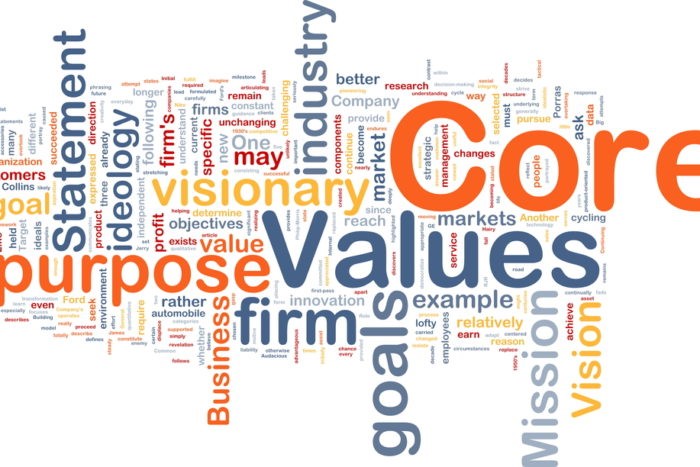Years ago, like many young managers, I was thrust into a leadership position based on a variety of things such as trust, loyalty and sales results. Also, like many managers, I was then responsible for making hiring decisions! Yikes! What am I supposed to do? How will I be able to pick the right people for my team? For any sales driven company, this can be a daunting task. I’ll admit, if I could flip a coin back then to predict success, I would have because 50/50 odds would have been a great result.
Looking back on those days, I realize that as a newbie manager, although I was a very strong individual contributor and I was trained extensively in that aspect of the job, I was never trained on how to interview and hire potential colleagues. When you are promoting from within, a company must invest the time to train their teams on what they are looking for and why. The goal is to repeat successes and not failures.
I was at a conference recently and heard a very alarming statistic: 80% of salespeople fail. 80%! How can that be? Do those 80% plan to fail when they begin a new job? Of course not. Is it their fault? In some cases, yes. However, I strongly believe that it is just as important for a company to put them in a position to be successful. But beyond that, should they even have been hired by that company? Were they even the right person?
Many companies like to tout their core values, and some do a good job of socializing them with their employees, but there are many more that do not.
Pop quiz: without looking, how many of you reading this know what your organization’s core values are? What do they do with them?
Oftentimes, leadership comes up with mission statements, core values and other things that a business thinks it should have, but then do they do anything about it? If just the executive team knows what they are, then it is all for not.
This is not a unique idea (none of mine are), but at GForce Life Sciences, we utilize a values-based interview process for all internal applicants. We consider them a “permission to play”. This means that anyone that we hire, must possess the core values that GForce has in place. Why? It’s not about hiring people that are all the same. In fact, we have a great mix of experiences and opinions. However, when people share some of the same values, it makes it a lot easier to row the boat in the same direction and their intentions are true. It allows you to build and earn trust with your colleagues as well because we know that they share these same feelings. Of course, we interview for many other traits and experiences, but I can say that when we have followed this process, we have hired the “right” people. When we have not followed it, we have hired the “wrong” people. 100% of the time. It has negatively impacted our culture. It can be painful.
So why did I tell you I was a young manager at one point? Well, I had no idea how to interview. Zero. We didn’t have a product that I could test a candidate to see if he could write a line of code and it would either work or not. Yes, I had my own style and it yielded some good results, but it wasn’t repeatable.
At GForce, we have spent a lot of time researching and testing the right questions to ask to uncover these values. We have the same colleagues interview for the same values so that they gain experience pulling information from our candidates. They debrief after interviews based on these assigned values. They become “experts” at their part of the interview process. We also don’t go in unscripted and ask the same questions. Candidates love that! By focusing on the same part of the interview, our team can become more objective in their analysis of a candidate.
It has increased our chances of success. Sure, we still interview to see if they can do the job, of course, but when it is so important to put the right people in the right seats, it surprises me to know how casually many companies treat their interviewing process. It’s not fair to their business or the candidate.
Here is the bottom line: If you are in a leadership position, you must dictate what the company is about. You must cascade that to your organization so that they have clarity on what the company needs. Just like you would train a new salesperson, you must spend the time to train your interviewers on how to interview well! If you don’t, you are bound to repeat your failures and your chances of successful hires will not increase! If your odds don’t change, remember that 80% of your hires may fail! I don’t know about you, but that doesn’t sound like a recipe for growing a company.
What do you think? How does your company make hiring decisions? What is the best way that you have been able to successfully hire?
